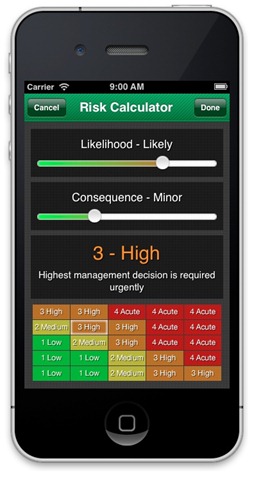There is increasing attention being given to the preparation of Safe Work Method Statements (SWMS) in Australian OHS laws. Amongst many purposes, SWMS should provide a basic risk assessment of tasks being undertaken, usually, that day. Often SWMS are too generic by being prepared days or weeks earlier, often SWMS miss the big risks by looking at the small risks. A New South Wales Workcover news release on 9 December 2011 indicates the potential inadequacy of risk assessment.
The media statement reports on a $A99,000 fine against Bulk Maritime Terminals Pty Limited (BMT).
“On 17 September 2008 two employees were unloading 25 to 30 bulk bags of clay powder into a tanker truck for transportation. Each bag weighed approximately 900kgs.
One employee was using an overhead gantry crane to lift each bag from the floor of the warehouse to the height of the tanker. The second employee was harnessed to the top of the tanker truck to open the spout on the bag.
After being lifted off the ground, one of the bags fell off the crane hook, knocking the operator of the crane to the ground. Continue reading “Inadequate risk assessment results in an injured worker and $99k fine”


